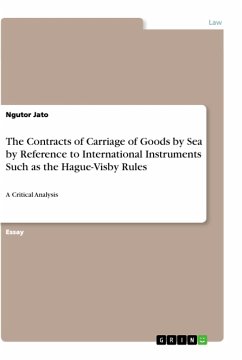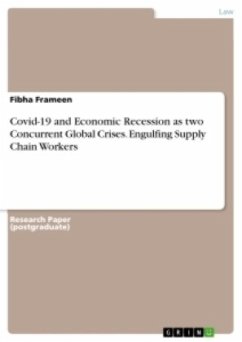Seminar paper from the year 2004 in the subject Law - Media, Multimedia Law, Copyright, grade: First, distinction, University of Wales, Aberystwyth (Law Faculty), course: Seminar: International Copyright Law, language: English, abstract: This paper tries to examine the impact of technological change and thus asks, in how far copyright laws have developed as a direct answer to technological inventions and which other factors supported or delayed its development. After a short presentation of the concept of copyright, it is argued that worldwide technological change was and still is one of the most important factors influencing the development of copyright laws. However, it is also shown that this impact has not always been the same. This paper identifies four distinguishable 'epochs' which reflect different impacts of technology on the development of copyright law and it can be seen that basically the following 'epochs' can be found in various jurisdictions: 1. from 1445-1500 technological change was the initial drive for copyright law; 2. from 1500-1700 the stabilisation of political power through censorship determined copyright law; 3. from 1700-1886 technological progress is again in the centre of copyright developments and 4. from 1886-today technological progress is still highly influential, but the aim of international uniformity and economic considerations are of equally strong influence. Having a closer look on these four 'epochs' , it is also shown that they cannot be seen as fixed, as not all countries fit nicely into this scheme.
Hinweis: Dieser Artikel kann nur an eine deutsche Lieferadresse ausgeliefert werden.
Hinweis: Dieser Artikel kann nur an eine deutsche Lieferadresse ausgeliefert werden.








